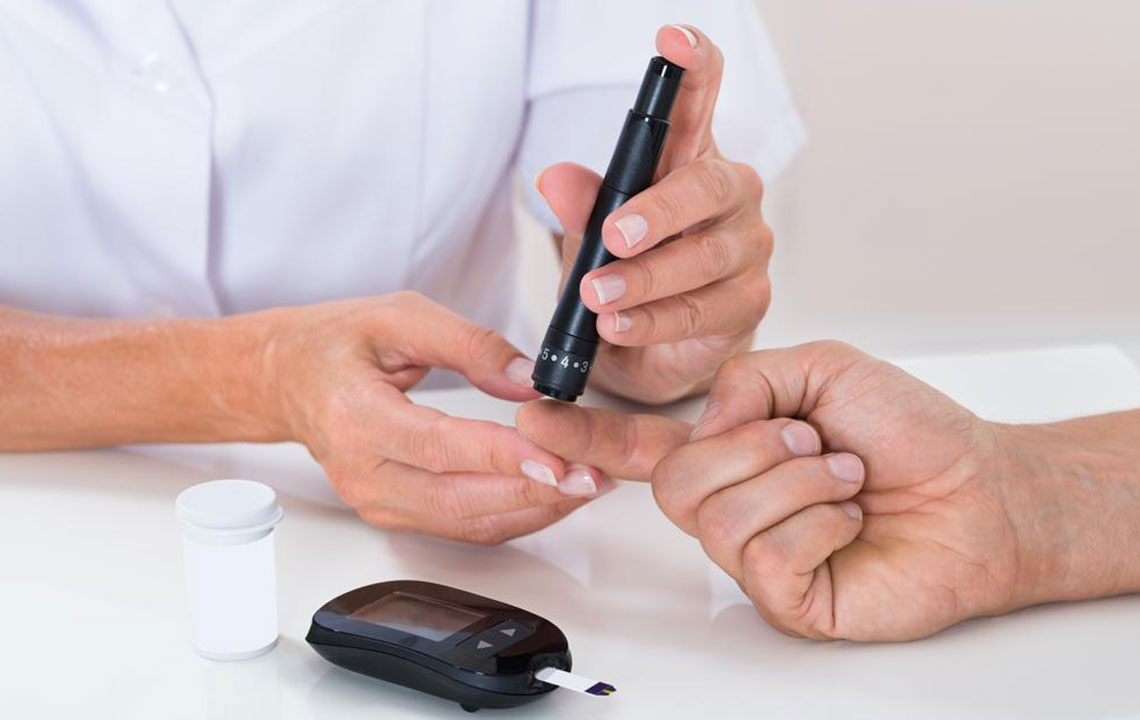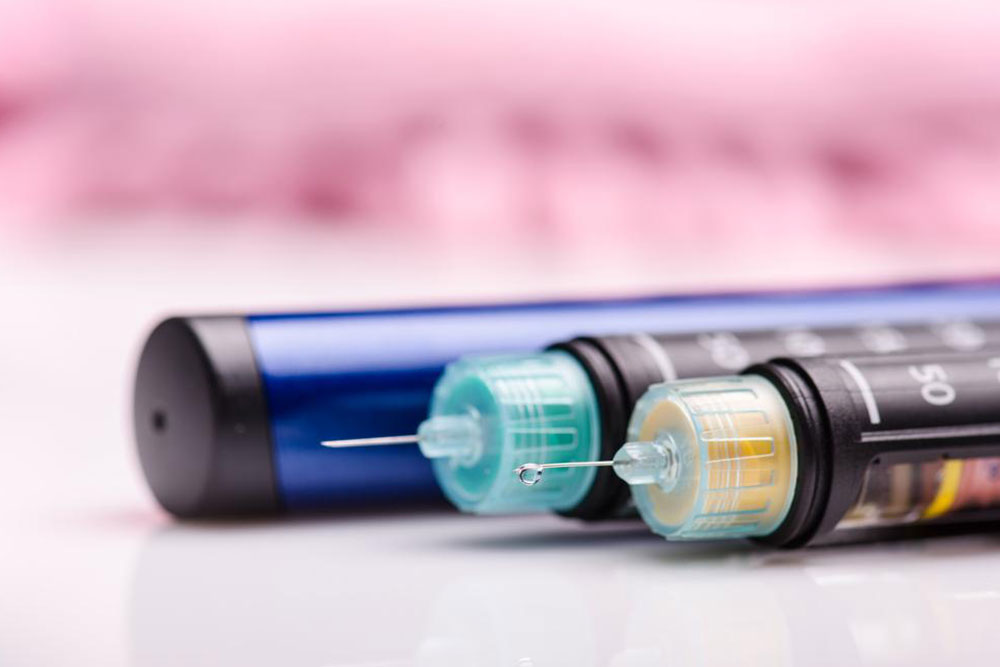Understanding the Role of Medications in Managing Diabetes
This article explains how medications contribute to effective diabetes management by improving insulin sensitivity, delaying sugar absorption, promoting glucose excretion, and stimulating insulin production. It emphasizes the importance of adhering to prescribed treatments alongside lifestyle changes for optimal blood sugar control.

Understanding the Role of Medications in Managing Diabetes
Effective diabetes management involves a combination of a balanced diet, regular exercise, and proper medication use. While lifestyle changes are vital, many underestimate the crucial impact of medications in controlling blood sugar levels.
Failure to adhere to prescribed medication regimens can disrupt diabetes control and diminish the benefits gained from diet and exercise. Medications assist in several ways to keep diabetes under control.
How Diabetes Drugs Support Control
Enhance insulin sensitivity
Certain medications decrease the body's resistance to insulin, helping the muscles, fat, and liver respond better. For some type 1 diabetes cases, insulin injections are essential, and these drugs improve their effectiveness.
Delay carbohydrate absorption
Some medications slow down how quickly the gut absorbs sugars, reducing blood sugar spikes post-meals. This approach provides an effective way to manage blood sugar without complications.
Promote glucose excretion
Certain drugs prevent kidneys from reabsorbing sugar back into the blood, helping to lower blood glucose levels effectively. When reabsorption occurs in excess, blood sugar spikes dangerously high.
Stimulate insulin production
Some medications encourage the pancreas to produce more insulin by stimulating beta cells. Taken around mealtime, these drugs enable quick insulin release, aiding in blood sugar control.
While lifestyle modifications significantly impact diabetes management, medication use is equally vital. A combined approach ensures better regulation of blood glucose levels.










